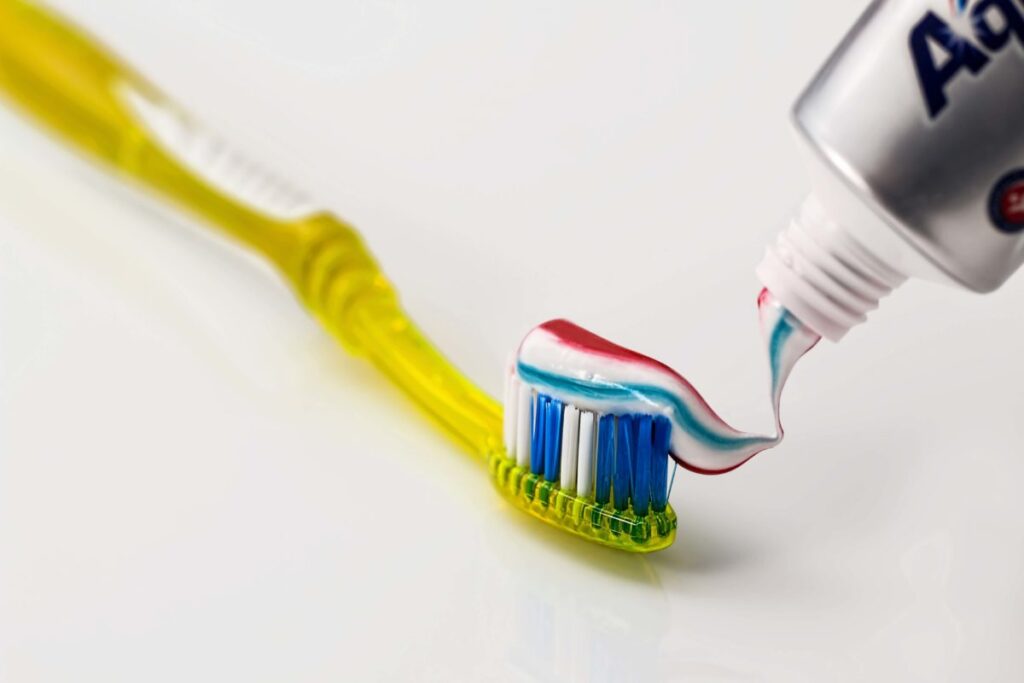Oral Health and Overall Health Go Hand-In-Hand
Oral hygiene may just be a part of your daily routine in order to avoid dentist bills for those annoying cavities, but Doctors and Dentists alike are asking patients to take their oral health just as seriously as any other part of the body. The human mouth reaches nearly 100 degrees and provides the perfect conditions for germs and bacteria, so cleaning it regularly is key to keeping bacteria at healthy levels. The American Dental Association recommends brushing your teeth twice a day. Regular dentist checkups are also essential for oral health.
Dental Discoveries
Did you know that Dentists can identify signs and symptoms of underlying diseases? Dentists have found the presence of certain diseases strictly by examining their mental health. These discoveries include:
- Crohn’s Disease
- Diabetes
- Oral Cancer
- Anemia
- GERD/Acid Reflux
- Intense Stress
- Osteoporosis
- Dementia
- Rheumatoid Arthritis
- Heart Disease
Who’s at Risk?
Those who suffer with diabetes or Alzheimer’s have increased risks of oral health complications. If you or a loved one is battling one of these conditions, make sure to see the dentist for regular checkups. Common conditions related to oral health complications are:
- Diabetes– The key factor here is gum health. Diabetes compromises a person’s immune response and leaves them more prone to infection making diabetes sufferers more likely to encounter gum disease.
- Alzheimer’s disease– Many Alzheimer patients suffer with declining oral health as this degenerative disease sets in. A major complication of this is due to their inability to remember basic hygiene and their loss of communication skills. It may be hard for them to identify that they are having pain or discomfort relating to their teeth or gums so regular dental checks are a proactive way to maintain oral health for those with Alzheimer’s.
- Osteoporosis – This degenerative bone disease is linked to tooth loss as well as medication related complications. Medications used to treat osteoporosis have been linked to bone and jaw damage.
- Women who are pregnant are also more susceptible to gum disease or dental complications. Battling gingivitis, a gum disease that causes inflammation, has been linked to negative pregnancy outcomes.
What many patients may not realize is that certain medications also affect oral health. It could even be a negative side effect of one of the medications used to treat a condition mentioned above. For example, antihistamines reduce the amount of saliva that the mouth produces leading to a greater risk of microbial invasion and subsequent disease.
Be Proactive
Oral health, like overall health, is about being proactive. Wellness checks are essential for early identification when it comes to any and all diseases. This includes disease of the gums or mouth making dental checkups just as necessary as your yearly physical. Here are some ways that you can practice good oral health:
- Brush your teeth at least twice a day. Use a soft-bristled toothbrush. Dentists recommend using toothpaste with fluoride.
- Floss every day and use a mouthwash to wash away any missed particles.
- Schedule regular dental checkups and cleanings.
- Avoid foods with added sugar as well as tobacco.
- Replace your toothbrush after no longer than three months.
Overall health is directly linked to oral health. Much like our eyes, physicians see the mouth as a “mirror” to the rest of the body. Visiting the dentist regularly and practicing good oral health habits will not only prevent many dental issues, it will also aid in early detection of certain diseases. Be mindful of the diseases you may be diagnosed with and the oral health complications that may arise as a result. Complete wellness means complete care; don’t forget about your mouth!

















































































































































